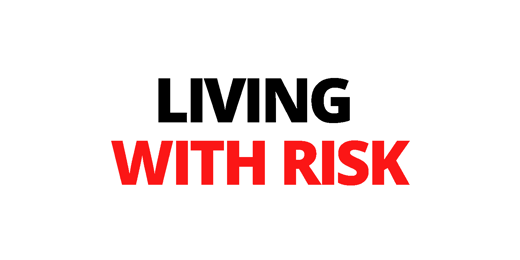The world is becoming increasingly unequal, with a small percentage of the population controlling a vast majority of the wealth. In 2022, the Covid-19 pandemic has only exacerbated this divide, as the richest individuals and companies continue to see their wealth grow while the poorest people struggle to make ends meet. This is a global issue, with inequality and income inequality present not just between countries, but within countries as well.
A Look at the History of Global Inequality
The divide between the richest and poorest individuals and countries has a long history. Despite some progress in reducing inequality, the gap between the richest and poorest individuals and countries remains high. The World Inequality Report shows that the share of global wealth held by the top 1% has increased significantly in recent decades, while the share held by the bottom 50% has decreased.
Economic Growth and Inequality
Economic growth alone is not enough to reduce inequality. In fact, in some cases, economic growth can exacerbate the divide between the richest and poorest. This is particularly true in low- and middle-income countries, where rapid growth has not led to significant reductions in poverty or improvements in income distribution.
The Impact of Wealth Inequality on Society
Inequality not only affects a person's economic status but also affects their access to goods and services, health, education, and even their life expectancy. According to Oxfam, the world's billionaires have as much wealth as the poorest half of the global population combined. This level of wealth inequality not only undermines social mobility but also exacerbates poverty, and lack of access to education, healthcare, and other essential services, making it difficult for people to improve their lives.
Addressing the Divide
To address the divide between the richest and poorest, policymakers must take a holistic approach that addresses both income inequality and wealth inequality. This includes policies that promote inclusive economic growth and address gender gaps, as well as greater access to education, healthcare, and other essential services for all. The World Inequality Report provides data and research that sheds light on the levels of inequality across countries and can guide policy decisions.
How can we address the divide between the richest and poorest individuals and countries? How can we promote inclusive economic growth that benefits all members of society? What policies can be implemented to address both income and wealth inequality? How can we ensure that the poorest people have access to essential services such as education and healthcare? How can we promote greater social mobility and reduce poverty?
As we continue to navigate the Covid-19 pandemic and its economic impact, it's important to consider these questions and work towards reducing the divide between the richest and poorest. Only by addressing inequality can we create a more just and equitable world for all.
References:
-
Oxfam report on the concentration of wealth among billionaires: https://www.oxfam.org/en/press-releases/richest-1-bag-nearly-twice-much-wealth-rest-world-put-together-over-past-two-years
-
Gini coefficient for Honduras in 2018, World Bank: https://data.worldbank.org/indicator/SI.POV.GINI
-
World Inequality Report: https://wir2018.wid.world/
-
UN refugee agency report on Honduras: https://www.unhcr.org/honduras-emergency.html
-
International Labour Organization (ILO) report on the economic costs of forced migration:https://www.ilo.org/wcmsp5/groups/public/---ed_emp/---emp_elm/documents/publication/wcms_619675.pdf
-
Migration Policy Institute (MPI) study on the impact of migration on social services: https://www.migrationpolicy.org/research/impact-migration-social-services-united-states
Jan 19, 2023 9:39:37 PM

Comments